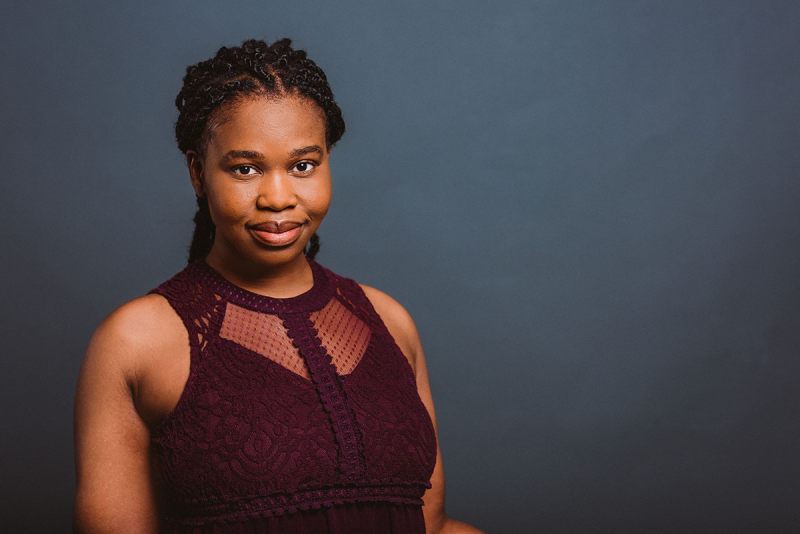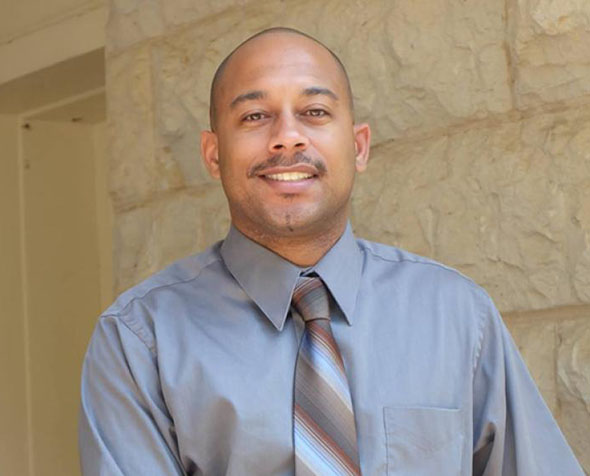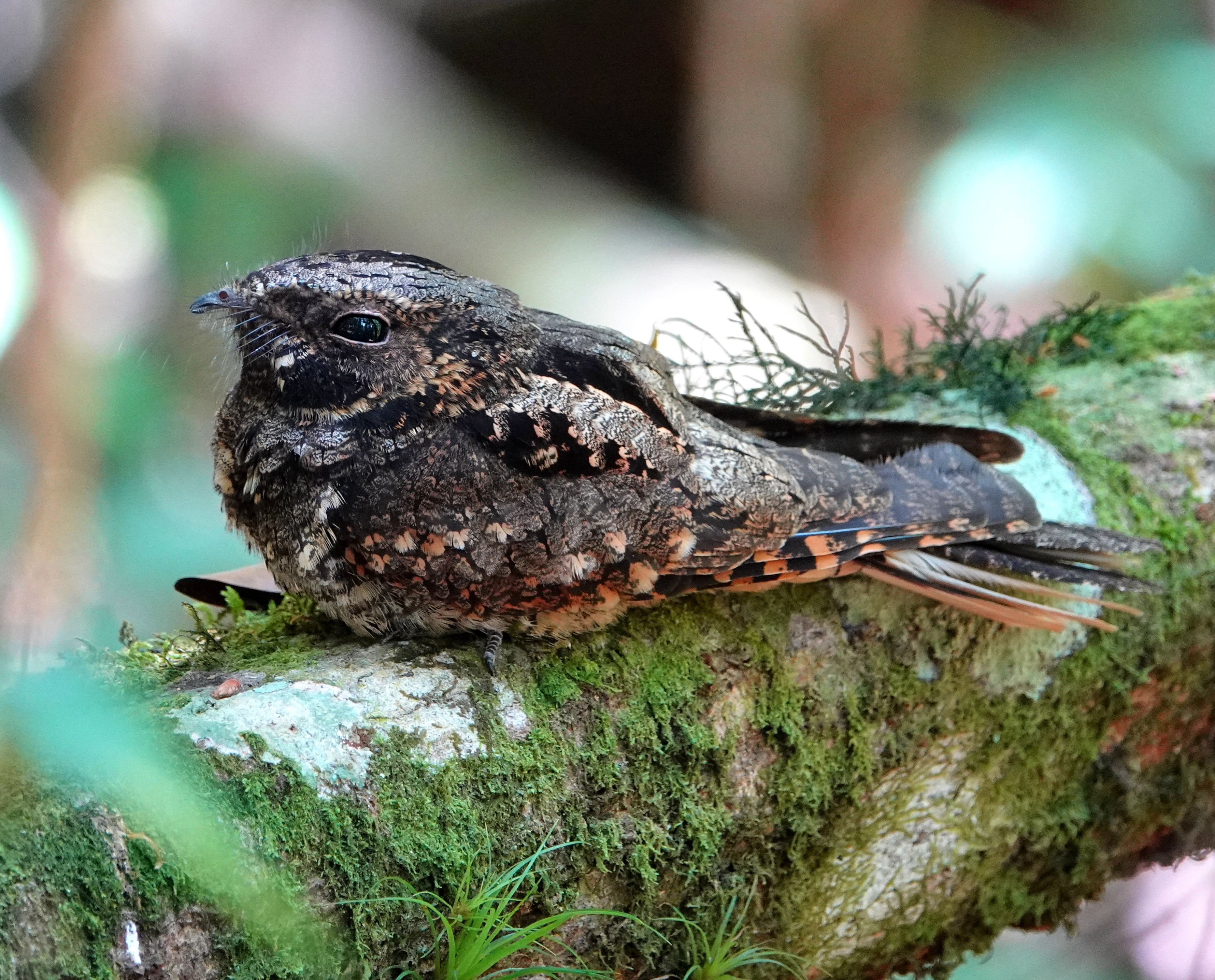CAHSS Doctoral Student Dives Deep into How Racial Discrimination Affects Long-Term Mental and Physical Health

As a child, DU PhD Psychology Student Nathalie Dieujuste — a self-described “cool nerd” who created math problems to solve during TV commercial breaks — recalls “getting lost in Wikipedia rabbit holes, asking why people are doing this and that.”
By 7th grade, she decided to find out by becoming a psychologist and never looked back.
Although Dieujuste majored in psychology as an undergraduate at Auburn University, she discovered that she didn’t know how to become a psychologist.
“They call it the ‘hidden curriculum,’” said Dieujuste, referring to “the [largely unspoken] steps you need to take toward applying to graduate school like getting research experience and identifying a professor whose research interests align with yours.”
Participation in the mentoring program SCOPE (Scholars Committed to Opportunities in Psychological Education) prompted her to seek post-graduate research experience before applying to graduate schools. To that end, after receiving her undergraduate degree in spring 2016, she worked as a research coordinator at the Veterans Administration (VA) in Aurora, Colorado, where she studied PTSD.
At the VA, Dieujuste participated in research that “really shaped my trajectory from just looking at trauma to more specifically studying the relationship between trauma and racial discrimination,” she said.
Although statistics had showed rising suicide rates among veterans the trend did not apply to female, Black veterans.
“We did a qualitative study where we sat down with these women to try to figure out what was going on,” Dieujuste explained. “It wasn’t that they were experiencing less trauma, but that everything in their lives had been a fight. They were not even able to take a second to identify their stressors because they felt like they had the burden of their entire families on their backs.”
The experience helped Dieujuste channel her research goals toward pursuing an academic path specifically aimed at Black women and how early life experiences of gendered racism relate to the internal experience of traumatic stress.
Her quest to find professors in graduate school programs conducting/pursuing similar research avenues led her to CAHSS Psychology Professor Jenalee Doom, who studies how childhood stress influences mental and physical health across the lifespan.
Accepted into a doctoral program in clinical psychology with Doom as her faculty advisor, Dieujuste started at DU in fall 2021. A recipient of the College of Arts, Humanities & Social Sciences (CAHSS) Doctoral Fellowship for Inclusive Engagement and affiliate member of the SEED Research Center, she is currently working toward a PhD in developmental and child psychology.
Dieujuste received a National Science Foundation graduate research fellowship for her master’s project. The project identified how specific race-based traumatic stress symptoms might reinforce each other and which symptoms may be most significant in maintaining this unique traumatic stress response. She reported her findings in a recently published paper in the Journal of Traumatic Stress.
The study found that symptoms of depression along with physical symptoms of anxiety — specifically feeling your heart racing when reminded of a traumatic event — “stood out as the most influential indicators of race-based traumatic stress” in a sample of 1,037 Black Americans. Results aim to help therapists and physicians recognize and treat Black patients’ long-term emotional and physical symptoms of race-based traumatic stress.
Doom calls Dieujuste “a brilliant researcher. It’s so rewarding to work with her as she has many great ideas for research projects and brings her knowledge of new tools to tackle her research questions. She leads projects that have important implications for how we improve mental and physical health, particularly for Black children and adults.”
Both Doom and Dieujuste are members of the university’s SEED Research Center, a community of students, post-doctoral researchers and faculty dedicated to advancing “SEED Science,” a unique approach to understanding stress, early life experiences and development. The center draws on multiple disciplines and fosters rigorous research and collaboration with community partners to better understand intergenerational health, wellbeing and resilience.
“My graduate work has closely aligned with the SEED’s focus on investigating how trauma, discrimination and other forms of adversity disrupt development and wellbeing,” Dieujuste said. “I have collaborated in studies focused on the lasting effects of childhood experiences on mental health that relate to SEED by adding nuanced insights into how adversity shapes the developmental trajectory, especially in marginalized communities.”
Currently, Dieujuste is working on a National Institutes of Health (NIH) fellowship application to study how experiences of discrimination during pregnancy predict maternal cardiovascular risk. The research will specifically examine biological markers and behaviors that increase that risk such as blood pressure and arterial stiffness and emotional or restrictive eating behaviors at three and four years postpartum.
Dieujuste points out that “pregnancy is already a unique period of risk for women during which these intense and rapid changes happen biologically, socially and environmentally. We want to find out whether those kinds of biological and behavioral risk factors are associated with experiences of discrimination based on social or demographic characteristics which can get compounded when women are pregnant and affect long-term cardiovascular health.”
She noted that previous research links experiences of discrimination to various biological outcomes as well as to emotional and restrictive eating, adding that she will be working closely with Doom, who will serve as co-principal investigator for the project.
As she continues her journey in becoming a psychologist, Dieujuste considers mentoring others interested in pursuing a career in psychology who were likewise unaware of the “hidden curriculum” especially rewarding.
“I’ve been very fortunate to have Jena as well as an incredible team of mentors over the years who’ve supported me,” she said. “Now people contact me to learn more about my research and how to apply to grad school or write a manuscript. The next thing I know, I’m mentoring them through the graduate process, they’re letting me know they’re getting their first interviews for grad programs and it’s the most exciting thing I’ve ever heard.”





